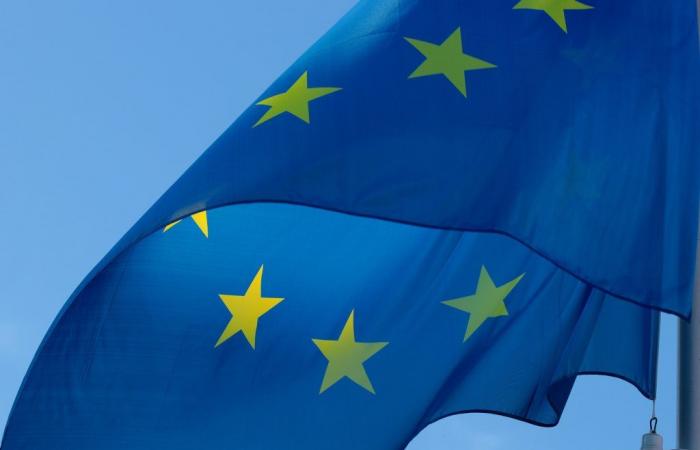Roma – The final text of the National Integrated Energy and Climate Plan (Pniec) has been sent to the European Commission by the Ministries of the Environment and Energy Security and Infrastructure and Transport. The Plan update followed a realistic and technologically neutral approach, which includes a strong acceleration in some sectors. In addition to renewable electricity sources, the focus is on: production of renewable fuels such as biomethane and hydrogen together with the use of biofuels that can contribute to the decarbonisation of the existing car fleet in the short term, spread of electric cars, reduction of private mobility, capture and storage of CO2, building renovations and electrification of final consumption, in particular through an increasing weight in the renewable thermal mix of heat pumps.
The area with the highest performance is that of RES, where it is reiterated that Italy will have to reach a power from renewable sources of 131 Gigawatts by 2030. It is expected that almost eighty (79.2) of these will come from solar, 28.1 from wind, 19.4 from hydro, 3.2 from bioenergy and 1 Gigawatt from geothermal sources (this last share could also increase upon reaching an adequate level of maturity of some project initiatives under development).
Finally, the PNIEC includes, for the first time, a specific section dedicated to the work of the National Platform for Sustainable Nuclear Energy, which has developed scenario hypotheses which demonstrate, from a technical-scientific point of view, the energetic and economic convenience of having a share of nuclear production, in synergy and in support of renewables and other forms of low-emission energy production.
According to the scenario hypotheses developed, nuclear fission, and in the long term fusion, could provide approximately 11% of the total electrical energy required by 2050 – with a possible projection towards 22%.
PNIEC_2024_revfin_01072024



